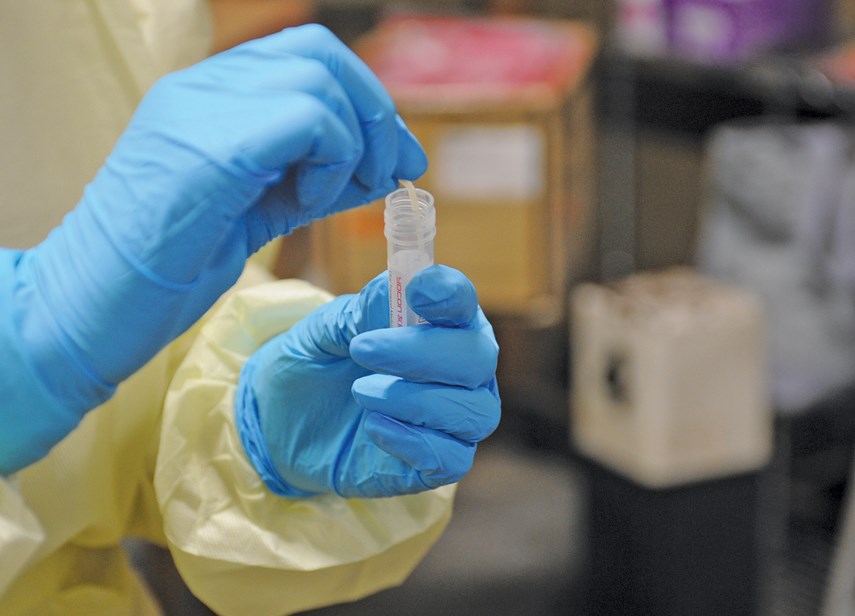It was inevitable, I suppose, that the so-called COVID-19 “U.K. variant” would make its way into Canada and this province.
After all, the novel coronavirus does not respect boundaries, and given that some Canadians were travelling back forth to the United Kingdom around the time the new strain was discovered – before a travel ban was instituted – it was only a matter of time before it showed up here.
“This was not unexpected,” Dr. Bonnie Henry told me, in explaining the discovery of the first variant case in B.C. “There will be more cases.”
A huge question raised by the appearance of the U.K. variant of COVID-19 in B.C. is what impact will it have on public health orders?
For now. Dr. Henry told me no changes are planned. However, she and other infectious disease experts have expressed concern about how much more transmissible the variant is compared to the original version of COVID-19.
In other words, the variant can spread quicker and have a deeper reach.
Luckily, however, early scientific evidence suggests the variant is not more lethal than COVID-19.
This is potentially good news for our hospital system because even a large spike in variant cases may not necessarily overwhelm our hospitals.
On that front, we remain in good shape compared to most other provinces. Ontario went into a major lockdown after seeing its hospitalizations increase by more than 60 per cent in one month, while its ICU cases have exploded by more than 80 per cent in that time frame.
By contrast, B.C.’s hospitalization numbers have gone up by less than 20 per cent and our ICU cases are up less than 30 per cent in the same period.
As well, our hospital bed capacity remains at healthy levels, with less than 90 per cent of regular beds in use and about 50 per cent of ICU beds available (before the pandemic began, we were often at 105 per cent capacity of regular bed use).
So the introduction of a variant COVID-19 virus may not create carnage, but its apparent high transmission rate has Dr. Henry asking for more resources in order to increase and enhance the monitoring of those people required to be in quarantine or self-isolation.
However, she told me she has no plans for an inter-provincial travel ban to thwart the spread of COVID-19 or its U.K. variant, a continuation of her position on that issue since the pandemic began.
Still, it would come as a surprise to see the public health order that bans gatherings and events not be extended past its Jan. 8 expiry date. Even the fact that going into last weekend our daily average numbers were steadily declining as was our average mortality the numbers are likely not low enough to satisfy Dr. Henry when it comes to easing restrictions.
Any cases arising from improper Christmas and New Year’s Eve gatherings will begin showing up over the next two weeks and may well halt the decline in our descending recent trends.
In addition, who knows how rampant the U.K. variant will actually become in the weeks ahead, and thus further complicating things?
Nevertheless, I will end on a positive note: it appears the recently developed COVID-19 vaccines will be effective on the U.K. variant as well!
Keith Baldrey is chief political correspondent for Global BC. [email protected]
What are your thoughts? Send us a letter via email by clicking here or post a comment below.



